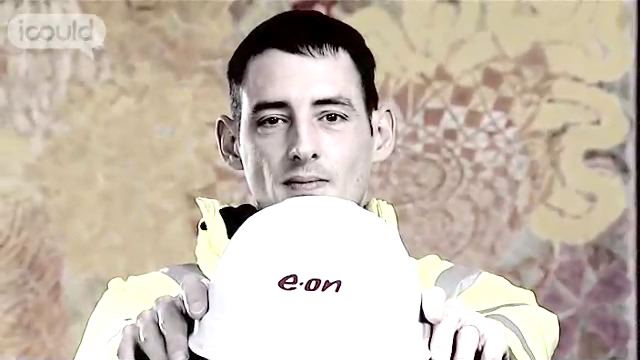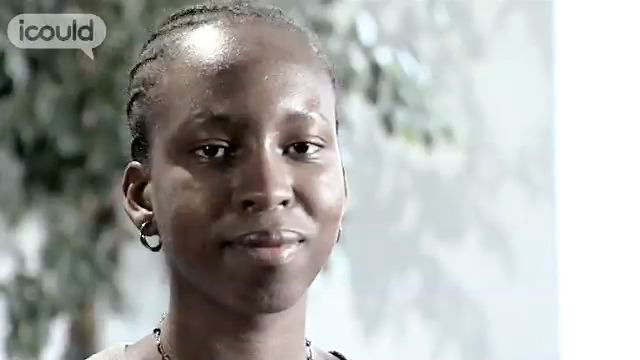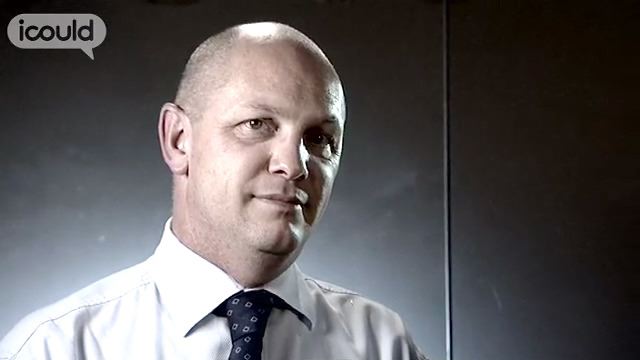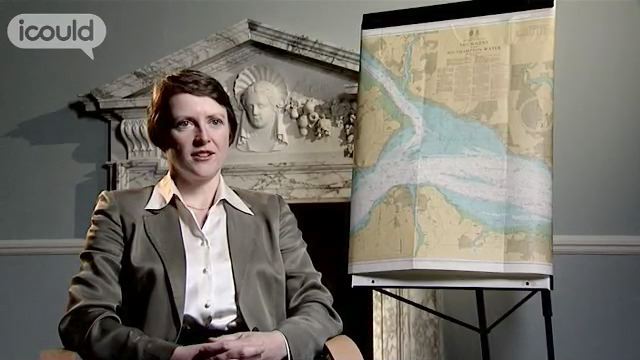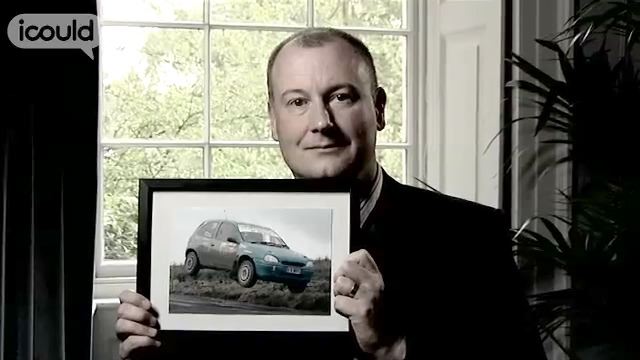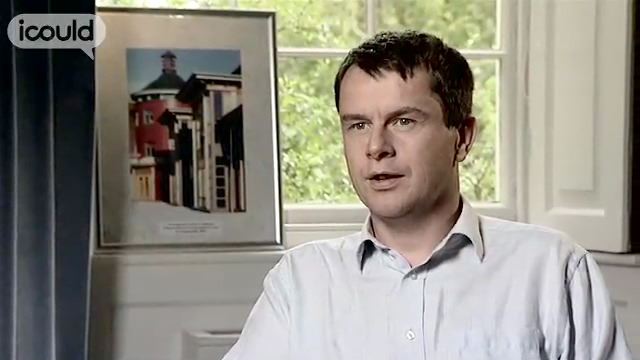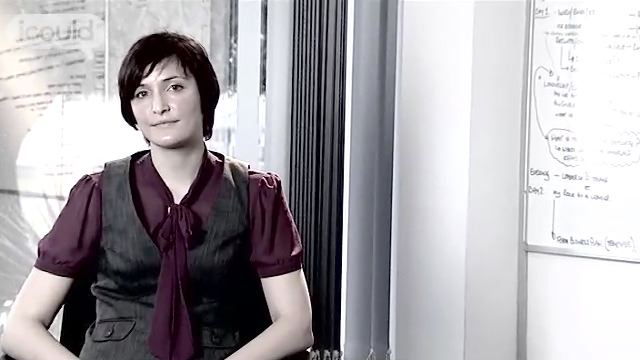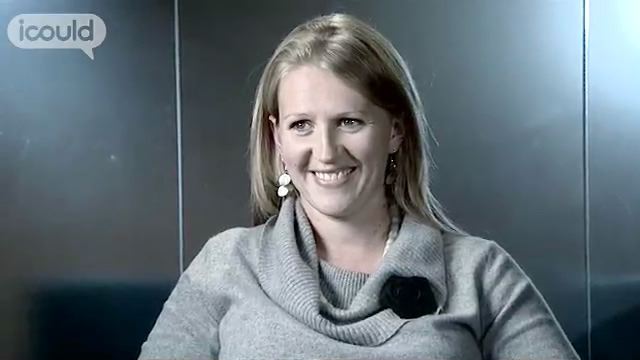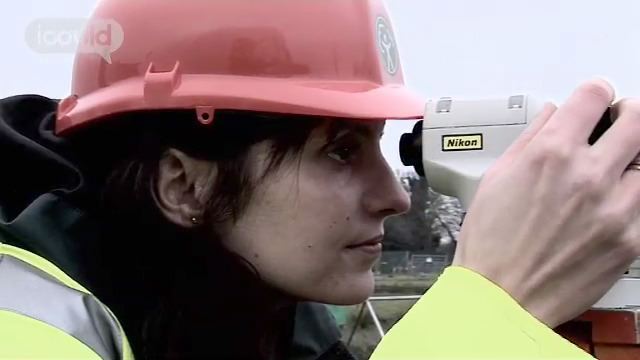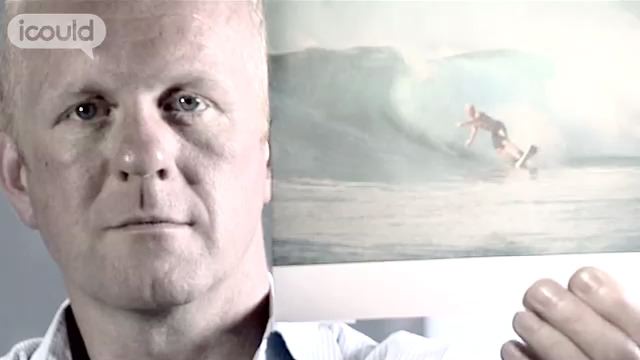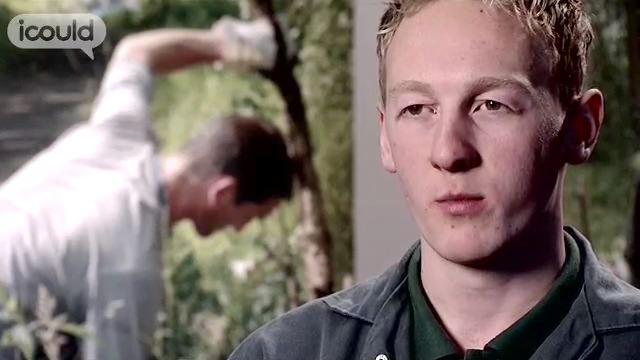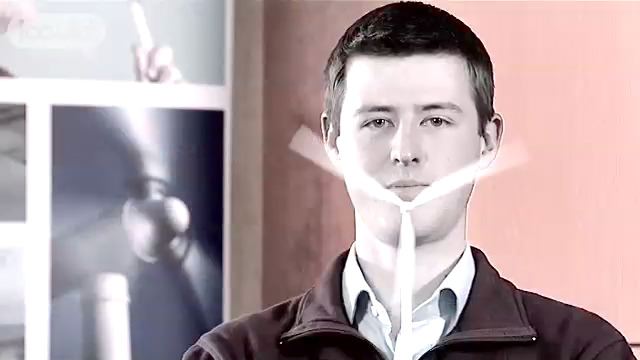Project Engineer
E.ON
Chris P
00:00:03 I’m Chris P and my job title is project engineer with E.ON UK. I might start in the office and be involved with reviewing designs, talking to local authorities about planning consents but then equally there will be meetings. Going out and meeting suppliers, meeting contractors, going and looking at sites. During the construction phase usually the project team moves to site and you’re based then living in a portacabin which can be fun and you spend your day wandering around the site with a hard hat on and high vis jacket making sure that people are performing, building the job to the required quality and safety standards.
00:00:48 I think probably what kind of inspired me to go into this role was my physics teachers at school. They took us all on a sixth form jaunt over to north Wales where we stayed in a youth hostel and generally misbehaved ourselves and looked around Trawsfynydd nuclear power station and a couple of other of the pumped storage, the hydro power stations in north Wales. While we were standing in the control room of Ffestiniog pump storage station, they got a call to come online and you watched the dial on the sort of megawatts metre, you know, the power metre go from zero up to whatever 800 megawatts in, like, seconds and you can just feel the whole station humming with this power. That was pretty inspiring for a, you know, 17 year old.
00:01:36 When I then came to select my degree course, I chose aeronautical engineering. You know, aircraft were very leading edge, some very exciting so that’s the degree course I chose. When I finished my aeronautical engineering degree, the aviation industry was in a bit of a period of decline so there weren’t loads of jobs around. Some of the jobs were in military aviation and I didn’t know if I wanted to go into that. I didn’t know if I wanted to work in an industry that was building, you know, military hardware which was essentially for warfare. I thought I’d rather work in something that was positive, helping society.
00:02:15 I worked in Hamleys at Christmas which was great fun and I remember demonstrating one of these wobbly pens that have a motor in the end that vibrates and they sort of make your writing go wobbly. And I demonstrated it to Jeremy Beadle. So, after working, doing some temporary work and working in a bar for a period, I went and travelled around India and Asia and had great fun doing that. It really broadens your experience, gives you an idea how other cultures live and also I saw some, you know, the difference that engineering can make to people’s lives, everyday lives. You know, villages in Nepal where they’ve got a little hydro scheme 50 megawatts hydro scheme and everybody’s got a light bulb or two light bulbs, you know, and it makes a huge difference, you know, to the way that they used to live.
00:03:09 I decided that I wanted to do another…more study, basically, and I did an OSC at Cranfield in energy conservation and the environment and I think probably the travelling, opening my eyes to the sort of environmental issues, probably pushed me towards that and again, thinking back to this sixth form trip that I’d had to these power stations in Wales, I guess I was just hooked on the whole UK energy industry and just wanted to get in and be part of it.
00:03:41 The other big change in life is when we had our little boy. It just makes you start thinking about the future, about beyond your life and how the world is going to change, particularly at the moment looking at climate change and how important it is to tackle it and look at how engineering and how your job as an engineer can really change things. ENDS
Paul studied Aeronautical Engineering at Universtiy but there were no jobs in the aircraft industry when he came to look for a job. So he took time out to travel where he saw “the difference that engineering can make to people’s lives”. He has completed a postgraduate degree in Conservation and the Environment and, remembering a school trip to Wales when he was 17, “was hooked on the whole UK energy industry and just wanted to get in and be part of it”.
More information about Civil engineers
The UK average salary is £29,813
There are 37.5 hours in the average working week
The UK workforce is 47% female and 53% male
Future employment
- Undertakes research and advises on soil mechanics, concrete technology, hydraulics, water and waste water treatment processes and other civil engineering matters
- Determines and specifies construction methods, materials, quality and safety standards and ensures that equipment operation and maintenance comply with design specifications
- Designs foundations and earthworks
- Designs structures such as roads, dams, bridges, railways, hydraulic systems, sewerage systems, industrial and other buildings and plans the layout of tunnels, wells and construction shafts
- Organises and plans projects, arranges work schedules, carries out inspection work and plans maintenance control
- Organises and establishes control systems to monitor operational efficiency and performance of materials and systems
